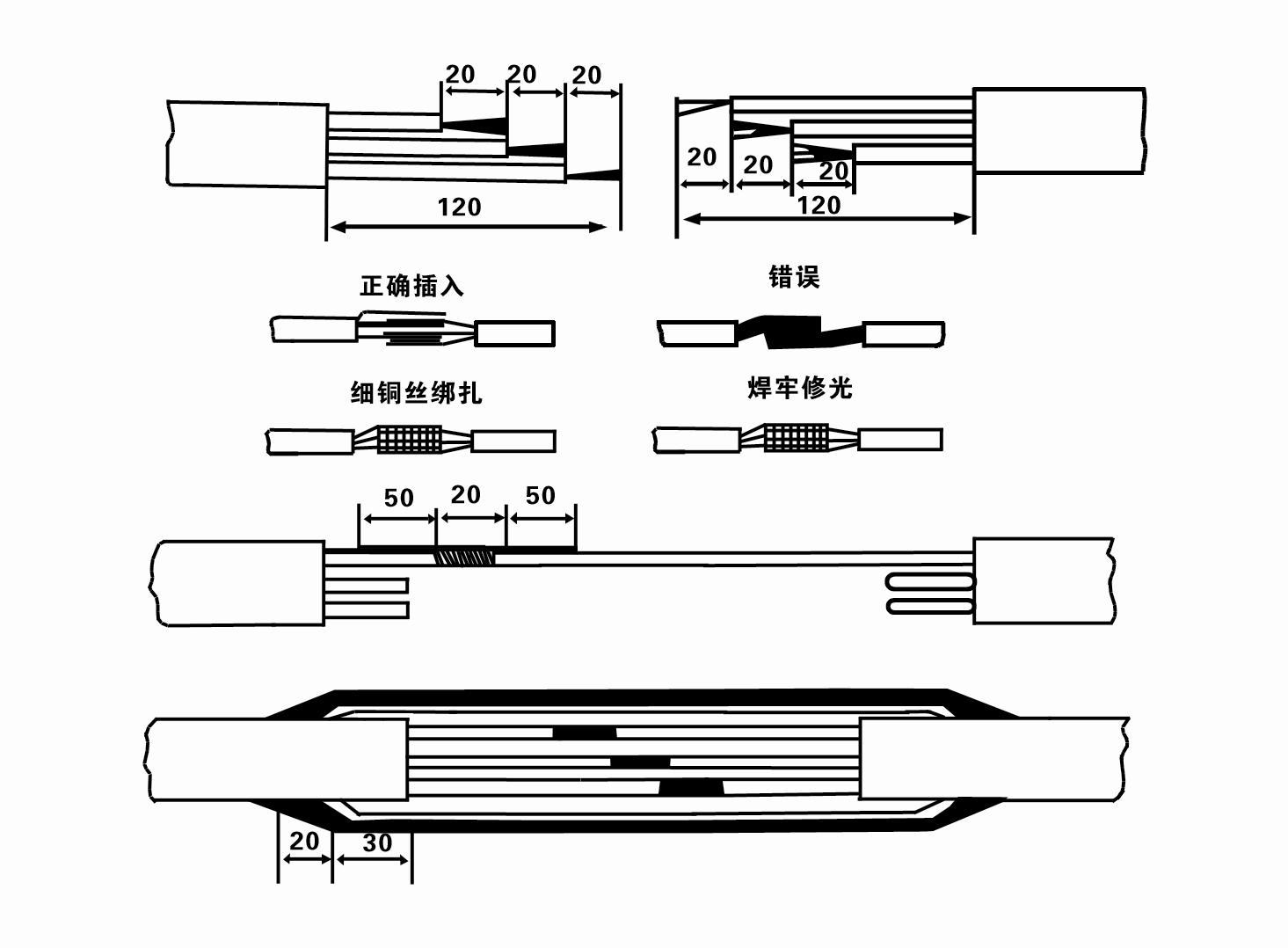Nov . 27, 2024 15:01 Back to list
Underwater Filtration Pump Solutions for Efficient Water Purification and Waste Management
The Advantages and Applications of Submersible Filtration Pumps
Submersible filtration pumps are an essential tool in various industries, especially in water management, agriculture, and construction sectors. These specialized pumps are designed to operate underwater, making them particularly effective for draining, moving, or filtering water in various environments. This article will delve into the functionality, advantages, and applications of submersible filtration pumps.
What are Submersible Filtration Pumps?
Submersible filtration pumps are electric pumps that are submerged in fluid to perform their function. Unlike standard pumps that are located above water, submersible pumps are designed to operate while submerged, which allows them to push water to the surface through a discharge pipe. These pumps often come equipped with built-in filters to remove particulates from the water, making them ideal for pumping water that contains solid materials or debris.
How Do Submersible Filtration Pumps Work?
The working mechanism of submersible filtration pumps is straightforward yet efficient. The pump is sealed in a waterproof casing, which protects the electrical components from water ingress. When activated, an impeller inside the pump rotates, creating a low-pressure area that draws water in through the inlet. The water then passes through the filter and is pushed out through the discharge pipe. This design allows the pump to efficiently move large volumes of water while filtering out unwanted particles.
Advantages of Using Submersible Filtration Pumps
1. Efficiency Submersible filtration pumps can move substantial volumes of water quickly. Their design allows them to work at a lower point of water pressure, which reduces the energy required to lift water to the surface. This efficiency translates to lower electricity costs and faster operation.
2. Versatility These pumps are suitable for various applications, from residential use in flooded basements to industrial applications in sewage treatment and construction sites. Their ability to work in deep water makes them ideal for diverse environments.
3. Durability Submersible pumps are built to withstand harsh conditions, including exposure to debris and contaminants. Most models are made from corrosion-resistant materials, ensuring a longer lifespan even in challenging environments.
submersible filtration pump

4. Space-Efficient Submersible filtration pumps take up less space compared to traditional above-ground pumps. Their compact designs make them easier to install and operate in confined spaces, which is often a significant advantage in urban or industrial settings.
5. Reduced Noise Levels Since these pumps operate underwater, they tend to produce less noise than surface pumps. This feature makes them a favored choice for residential applications where noise reduction is a priority.
Applications of Submersible Filtration Pumps
1. Sewage and Wastewater Management Submersible filtration pumps play a crucial role in sewage treatment plants by helping to manage and transport wastewater. They can effectively filter out solids while moving large volumes of water, making them indispensable in this sector.
2. Irrigation Systems Farmers utilize submersible pumps to extract water from wells and reservoirs for irrigation purposes. Their ability to filter out debris ensures that irrigation systems operate smoothly without clogging.
3. Construction Projects In construction, these pumps are often used for dewatering excavations and keeping sites dry during rainy conditions. Their efficiency and ability to remove debris-laden water make them suitable for maintaining safe working conditions.
4. Aquaculture In fish farming and aquaculture, submersible filtration pumps help maintain clean water by removing waste and debris, thereby promoting a healthy environment for aquatic life.
5. Flood Control and Management During floods or heavy rainfall, submersible filtration pumps are employed to remove excess water from areas that may be prone to flooding. Their capacity to handle solids makes them effective in muddy or debris-filled conditions.
Conclusion
In summary, submersible filtration pumps offer a multitude of advantages, including efficiency, versatility, and durability, making them a go-to solution for various water management challenges. Whether used in residential, agricultural, industrial, or environmental contexts, these pumps are crucial in ensuring water is clean and free from unwanted particles. As technology advances, we can expect to see even more innovative applications of submersible filtration pumps, further solidifying their role in effective water management strategies.
-
Submersible Water Pump: The Efficient 'Power Pioneer' of the Underwater World
NewsJul.01,2025
-
Submersible Pond Pump: The Hidden Guardian of Water Landscape Ecology
NewsJul.01,2025
-
Stainless Well Pump: A Reliable and Durable Pumping Main Force
NewsJul.01,2025
-
Stainless Steel Submersible Pump: An Efficient and Versatile Tool for Underwater Operations
NewsJul.01,2025
-
Deep Well Submersible Pump: An Efficient 'Sucker' of Groundwater Sources
NewsJul.01,2025
-
Deep Water Well Pump: An Efficient 'Sucker' of Groundwater Sources
NewsJul.01,2025
-
 Submersible Water Pump: The Efficient 'Power Pioneer' of the Underwater WorldIn the field of hydraulic equipment, the Submersible Water Pump has become the core equipment for underwater operations and water resource transportation due to its unique design and excellent performance.Detail
Submersible Water Pump: The Efficient 'Power Pioneer' of the Underwater WorldIn the field of hydraulic equipment, the Submersible Water Pump has become the core equipment for underwater operations and water resource transportation due to its unique design and excellent performance.Detail -
 Submersible Pond Pump: The Hidden Guardian of Water Landscape EcologyIn courtyard landscapes, ecological ponds, and even small-scale water conservancy projects, there is a silent yet indispensable equipment - the Submersible Pond Pump.Detail
Submersible Pond Pump: The Hidden Guardian of Water Landscape EcologyIn courtyard landscapes, ecological ponds, and even small-scale water conservancy projects, there is a silent yet indispensable equipment - the Submersible Pond Pump.Detail -
 Stainless Well Pump: A Reliable and Durable Pumping Main ForceIn the field of water resource transportation, Stainless Well Pump has become the core equipment for various pumping scenarios with its excellent performance and reliable quality.Detail
Stainless Well Pump: A Reliable and Durable Pumping Main ForceIn the field of water resource transportation, Stainless Well Pump has become the core equipment for various pumping scenarios with its excellent performance and reliable quality.Detail
